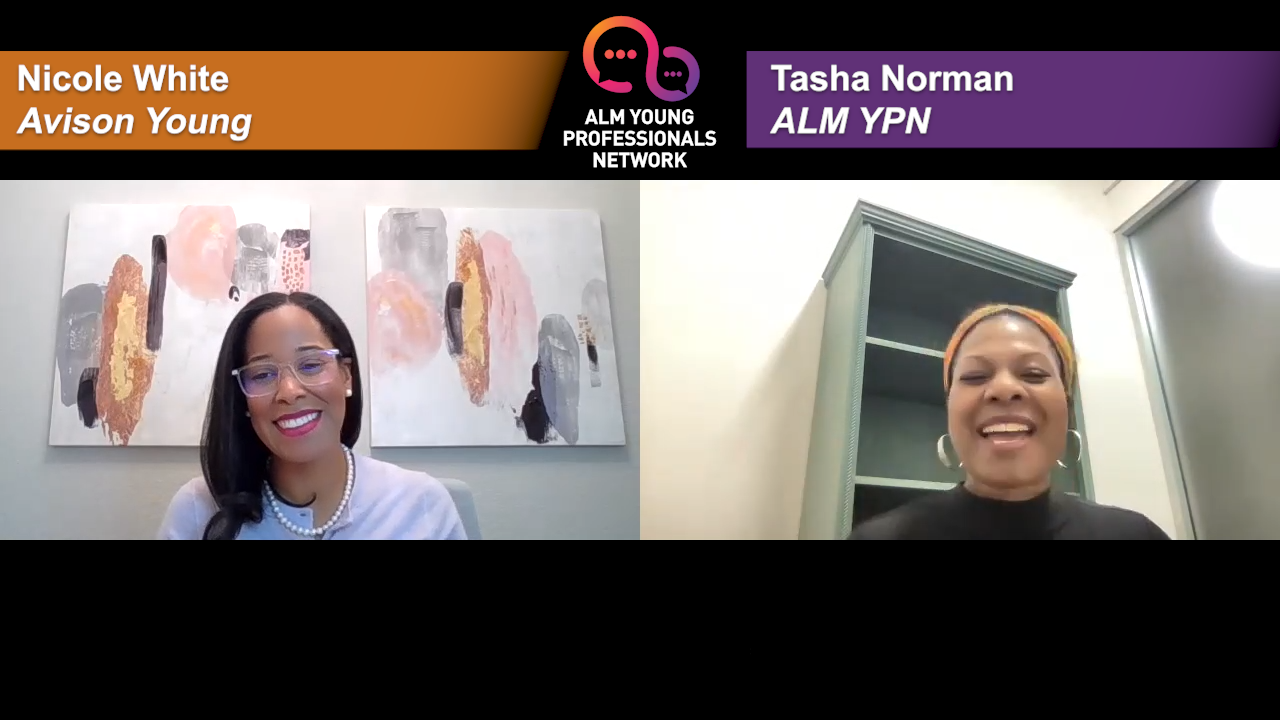WASHINGTON, DC—Coming in at the eleventh hour, Congress decided Friday afternoon to allow for a one-year extension of a bill that would keep interest rates for student loans at a low 3.4%. New federally subsidized student loans would have otherwise doubled on July 1.
Student loan debt is believed to be the second-largest financial crisis in the US, after the housing disaster. According to the National Center for Public Policy and Higher Education, college fees in the US rose 439% between 1982 and 2007. During the same 25-year period, the median family income only went up by 147%. Additionally, unemployment among young adults, is hovering around 14% for 20- to 24-year-olds.
So far, the cost of a four-year degree isn’t deterring students from continuing their education. Enrollments and applications are up, thanks in part to the employment situation and the wave of echo boomers. Yet while the rising cost of higher education and high student loan balances may not have a direct impact on the student housing industry, they are definitely something those in the sector are watching.
David Adelman, president and CEO of Campus Apartments in Philadelphia, indicated that the rising education cost is certainly a concern and does factor into the firm’s investment decisions. “Colleges and universities realize that they can’t just keep increasing tuition; they need to find other ways to pay for things. It’s a big issue that needs to be tackled,” he says in an interview with GlobeSt.com.
While it isn’t yet impacting the company’s ability to increase rents, he says, “it’s making consumers more educated as to what school they’re going to go to. What’s that value proposition for the university? We’re always very careful when looking at different schools to determine whether that school has a value proposition to attract students here? Will this be an economically viable educations solution for students? That absolutely factors into where we choose to develop or buy.”
If college costs continue to rise, it entirely feasible that a large number of students would rather go to school closer to home and commute from their parents’ houses. At the same time, more students may choose to attend a local two-year community college, and then transfer to a four-year university for their bachelor’s degree.
Jim Arbury, senior vice president of government affairs for the locally based National Multi Housing Council, says the industry hasn’t yet felt the impact of rising college costs. Still, he notes, “the massive amount of outstanding student loan debt has most certainly impacted how new students think about financing their education. The interest rate extension is reasonable given today’s low rate of interest for items such as mortgages.
“So I welcome the extension at the lower rates, he adds. “At the same time, just like everything else with finance and spending, people have to become more aware of cost/benefit when looking at borrowing for anything—not just student loans. I highly recommend an economics course for all of our citizens.”
The bill, which passed the Senate with a 74-to-19 vote and the House 373-to-52, was part of an around $110-billion broader legislation that would pay for transportation and infrastructure improvements for two years and extend federal flood insurance for five years. It came just in time, too, since most student housing leases are signed during the summer.
The fix is short term, however; the extension is only for one year, so Congress will be dealing with the exact same decision next year at this time.
© 2025 ALM Global, LLC, All Rights Reserved. Request academic re-use from www.copyright.com. All other uses, submit a request to [email protected]. For more information visit Asset & Logo Licensing.







